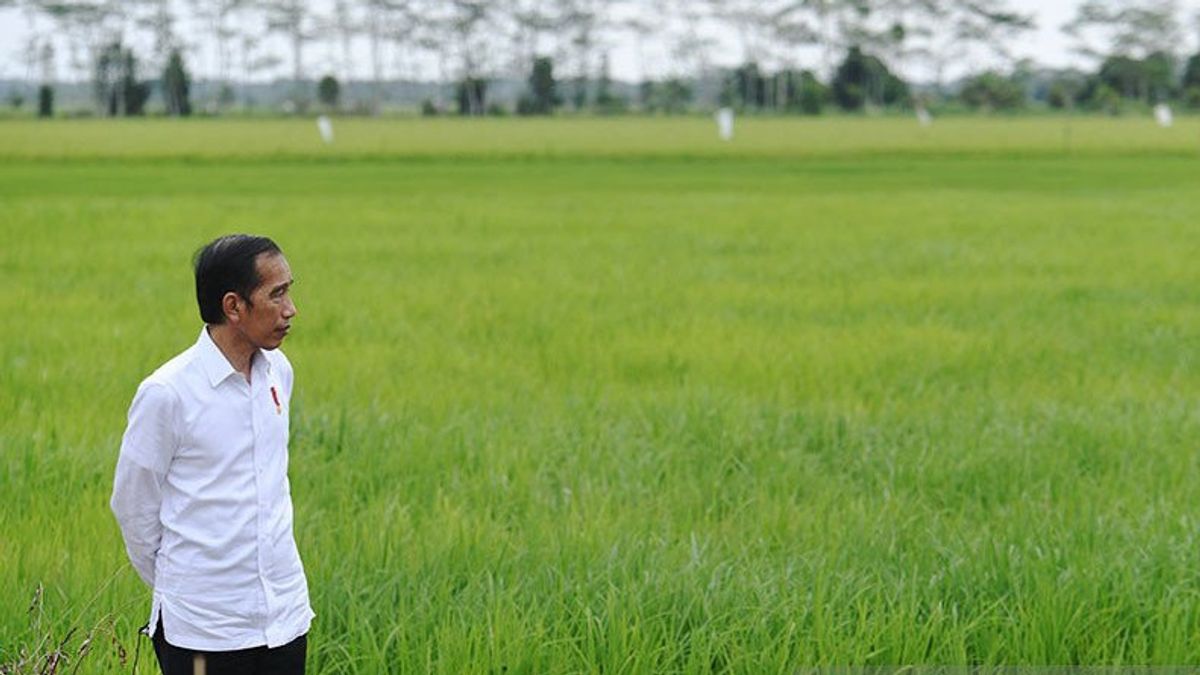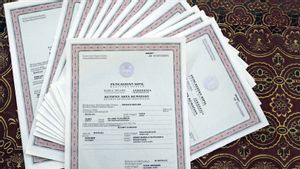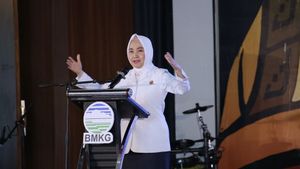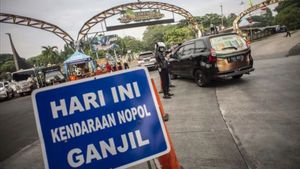JAKARTA - The Supreme Audit Agency (BPK) said that there were several problems in planning, implementing, and monitoring the evaluation of the Food Production Center Area (KSPP) or Food Estate development program developed by the Ministry of Agriculture.
This is stated in the 2022 Examination Result Report (LHP) and Examination with a Specific Purpose (PDTT) which was submitted by the Head of State Audit IV BPK Isma Yatun to the Minister of Agriculture Syahrul Yasin Limpo.
According to Isma, the Food Estate issue is a comprehensive study carried out for the 2020 Fiscal Year to Quarter III 2021 at the Ministry of Agriculture and other relevant agencies.
"The results of the BPK examination found significant problems," he said in an official statement, Thursday, March 24. '
In detail, Isma explained three main points that became the focus of the problem.
1. Planning for Food Estate Development activities is not based on valid data and information and is not in accordance with the planning for Sustainable Food Agricultural Land (LP2B) and sustainable agricultural cultivation systems.
2. The implementation of Survey, Investigation and Design (SID), extensification, and intensification activities on the construction of Food Estate in Kapuas Regency and Pulang Pisau Regency which was carried out with self-management did not comply with the provisions
3. The determination of the land for the construction of the Food Estate has not been in accordance with the provisions
"BPK concluded that the planning, implementation, and monitoring of the evaluation of the Food Production Center Area Development Program or Food Estate for Fiscal Year 2020 to Quarter III 2021 was carried out not in accordance with regulations in all material respects," said Isma.
Meanwhile, the Food Estate issue is one of the three main BPK issues in this annual report. Two important things that are also of concern are the readiness performance of the Ministry of Agriculture in preventing, detecting and responding to disease outbreaks in humans originating from animals that have a national/global impact.
As well as the performance of the role of the ministry of agriculture to increase rice and corn production in meeting needs at the provincial/district level in order to achieve food self-sufficiency.
"This is a national thematic examination to strengthen economic resilience for quality and equitable growth, especially in the availability, access, and quantity of food consumption," concluded Isma.
The English, Chinese, Japanese, Arabic, and French versions are automatically generated by the AI. So there may still be inaccuracies in translating, please always see Indonesian as our main language. (system supported by DigitalSiber.id)










